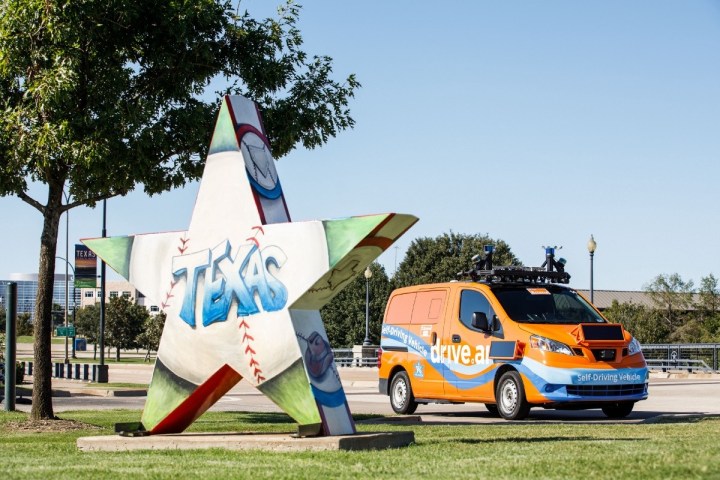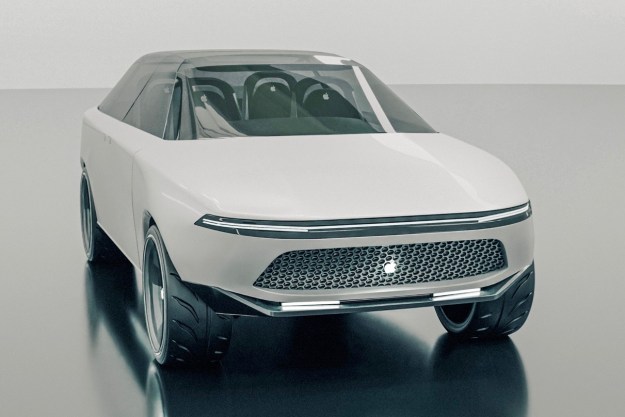
Apple opened its war chest to purchase a startup named Drive.ai that specializes in developing the technology needed to power self-driving cars. The acquisition — which some see as an acqui-hire — represents the latest turn in the tech giant’s rocky road towards releasing autonomous technology.
An Apple representative confirmed the purchase, but the company refused to reveal how much it paid for four-year-old Drive.ai This isn’t a merger of equals, though. The San Francisco Chronicle learned Drive.ai had notified California regulators that it planned to shut down by the end of June 2019 and lay off about 90 employees. Apple saved a company that had only a few days left to live. Viewed in that light, the deal might have been too good to pass up.
Like dozens of comparable firms launched in the 2010s, Drive.ai was founded to develop the hardware and software needed to achieve autonomy. It tested its Nissan NV200-based prototypes on public roads without major incidents, and it operated two ride-hailing pilot programs in Texas. In late 2018, Digital Trends reported Drive.ai planned a quick expansion into other cities, but the scope of its pilot programs didn’t grow. The company experienced serious financial problems even though it raised $77 million in its latest round of financing.
Apple’s self-driving car plans have always been secretive and enigmatic, and the company remains silent about its purchase of Drive.ai. It could continue to let the firm run itself and simply provide cash when needed, but we expect it will quickly fold Drive.ai’s operations into Project Titan (the name of its autonomous vehicle research project). The odds of seeing an Apple-branded car sold alongside an iPhone are fairly low, but the company is still spending a tremendous amount of money on developing autonomous technology, likely to ultimately license it to automakers. It tests a fleet of Lexus-based prototypes on the roads in and around Silicon Valley.
While car and tech companies have sought ways to make cars drive themselves for decades, the race to reap the rewards of safely and reliably deploying robotaxis in the world’s largest urban centers started relatively recently, and consolidation is inevitable. Nearly every new technology follows this trend; there were over 160 American automakers in 1919, and that number has dropped to 11 a century later. We expect mergers, acquisitions, and closures will become increasingly common in the coming years as the self-driving car industry’s leaders get further ahead.
Editors' Recommendations
- Dubai Police to deploy driverless patrol cars with AI smarts
- Cruise says it’s nearing approval for mass production of futuristic robotaxi
- Waymo taps the brakes on its autonomous-trucking project
- Autonomous cars confused by San Francisco’s fog
- GM plans to phase out Apple CarPlay for EVs, go all-in on Android integration




